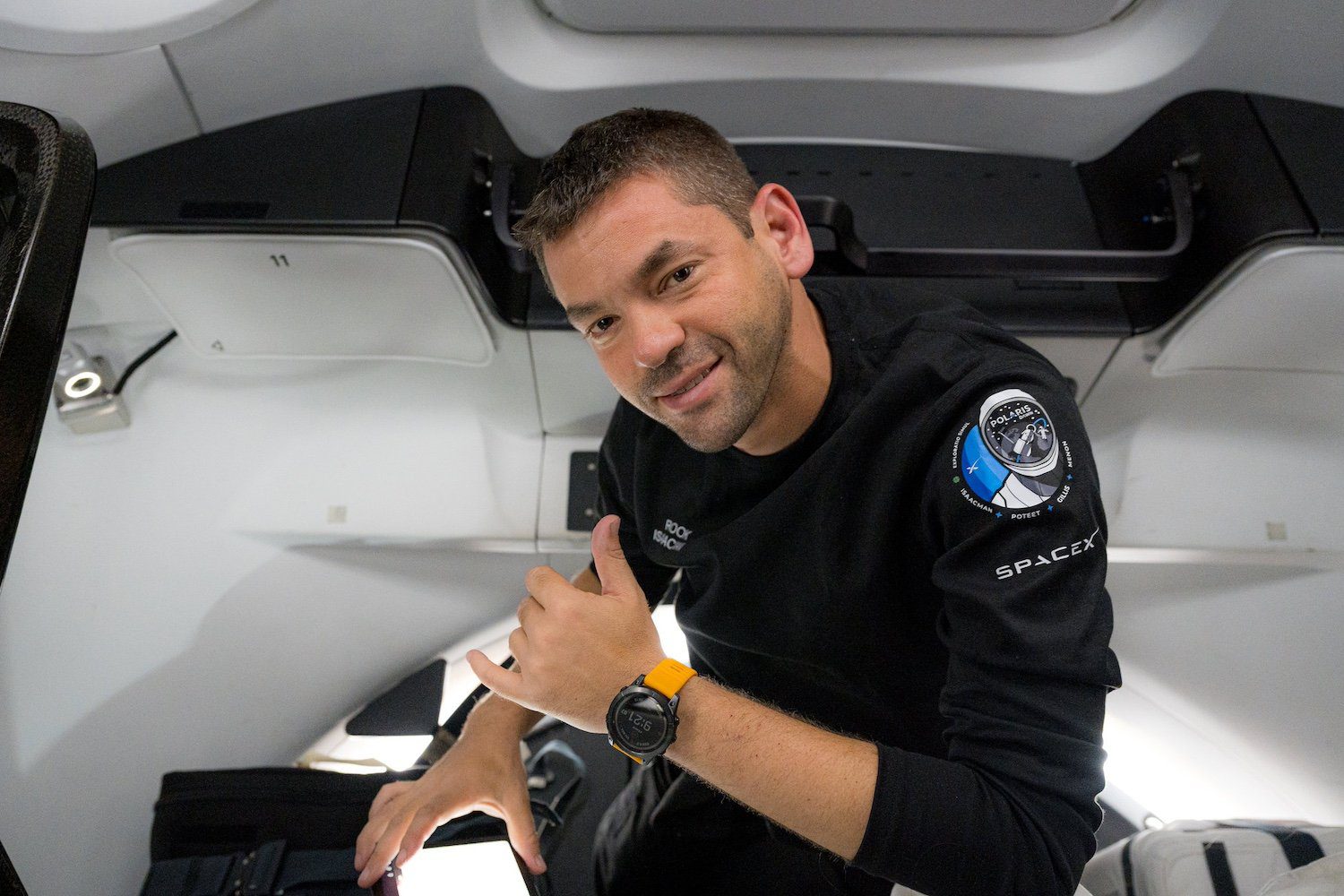
If Jared Isaacman steps into the role of NASA administrator, which seems highly probable, the agency is expected to shift its focus towards Mars exploration rather than lunar missions during the Trump administration, as hinted by his initial public remarks.
Since being nominated by Trump as the next head of the U.S. space agency in early December, Isaacman has been active on social media. However, his posts have mainly revolved around aviation, his payment processing company Shift4, and sharing space imagery without extensive commentary.
On February 16, Isaacman shed light on NASA’s potential focus areas for the next four years. While sharing a photo of Mars, he expressed that it inspired him and emphasized the importance of comprehending the significant consequences of sending humans to another planet.
When I see a picture like this, it is impossible not to feel energized about the future. I think it is so important for people to understand the profound implications of sending humans to another planet:
– We will develop groundbreaking technologies in propulsion, habitability,… https://t.co/vEG2KHU3eS
— Jared Isaacman (@rookisaacman) February 16, 2025
His remarks suggest that crewed missions to Mars might become a significant priority for NASA, which has faced considerable challenges since Trump’s election. Similar to various federal agencies, NASA appears to be bracing for major budget cuts and potential layoffs. Boeing, a key contractor for NASA, is reportedly planning to reduce its workforce by hundreds in response to anticipated changes in the Artemis program. Trump’s inaugural address referenced planting the American flag on Mars without mentioning the Moon.
The Artemis program has been plagued by delays and excessive costs. Artemis 2, designed to send American astronauts into lunar orbit, has been postponed from its initial November 2024 launch to April 2026. Furthermore, the mission intended to land astronauts on the Moon for the first time since the Apollo era has been pushed back to at least mid-2027.
The essential goal of Artemis is not only to return humans to the Moon after a long hiatus but also to cultivate necessary technologies and skills for future Mars missions. SpaceX CEO Elon Musk has criticized the program, labeling it a distraction and advocating for a more direct approach to reaching Mars. With Musk’s close ties to the White House, his influence may significantly shape NASA’s direction, especially with Isaacman potentially leading the agency, putting the future of Artemis into question.
Prior to his recent post, Isaacman had mostly refrained from discussing his vision for NASA’s trajectory. However, during a 45-minute discussion at the Space Force Association’s Spacepower Conference on December 11, he emphasized the necessity of sending humans to both the Moon and Mars. He argued that technological advancements for these missions could “shift the entire balance of power on Earth.”
In his recent post, Isaacman elaborated that crewed Mars missions could lead to breakthroughs in “systems, countermeasures, and pharmaceuticals to sustain human life in extreme environments,” ultimately contributing to economic, technological, and societal advancements “for all of humanity.”
“This achievement will enable humanity to survive beyond Earth, providing a safeguard against catastrophic events that have historically impacted our planet,” he noted. “It is a crucial move towards addressing the Great Filter,” referring to the theory that intelligent civilizations are often wiped out before mastering space travel due to disasters.
During his conference address, Isaacman did not specify particular policies or programs he would pursue as NASA’s leader but underscored the need for enhanced research on the effects of space travel on human physiology. He mentioned that this knowledge will be vital if Space Force personnel (as military and civil members of the Space Force are called) are to embark on significant missions to the Moon or Mars in the future.
Furthermore, he praised SpaceX, noting its pivotal role in the U.S. space strategy and its receipt of approximately $22 billion in government contracts. Musk, who leads DOGE, has faced scrutiny for potential conflicts of interest due to the substantial government contracts allocated to his companies, with the White House asserting that Musk will self-regulate regarding these matters.
Isaacman also has strong ties to SpaceX, having participated in two private space missions onboard the company’s rockets, including the Polaris Dawn mission in September.
The billionaire nominee also acknowledged several other contractors at the conference, including Jeff Bezos’ Blue Origin and Rocket Lab. He expressed that the growth of the commercial space sector will empower the U.S. to “innovate and take risks” effectively.
While Musk has estimated that a crewed Mars flyby could occur as early as 2028, Isaacman refrained from confirming this timeline. Responding to a comment, he stated that he is “on the outside, learning and eager for the opportunity to contribute to this grand endeavor,” adding that the determination of such missions is “up to the Senate.”
No specific date has been announced for Isaacman’s confirmation hearing; however, given the favorable passages of even Trump’s most controversial picks, there seems to be little indication that he will encounter significant opposition.









